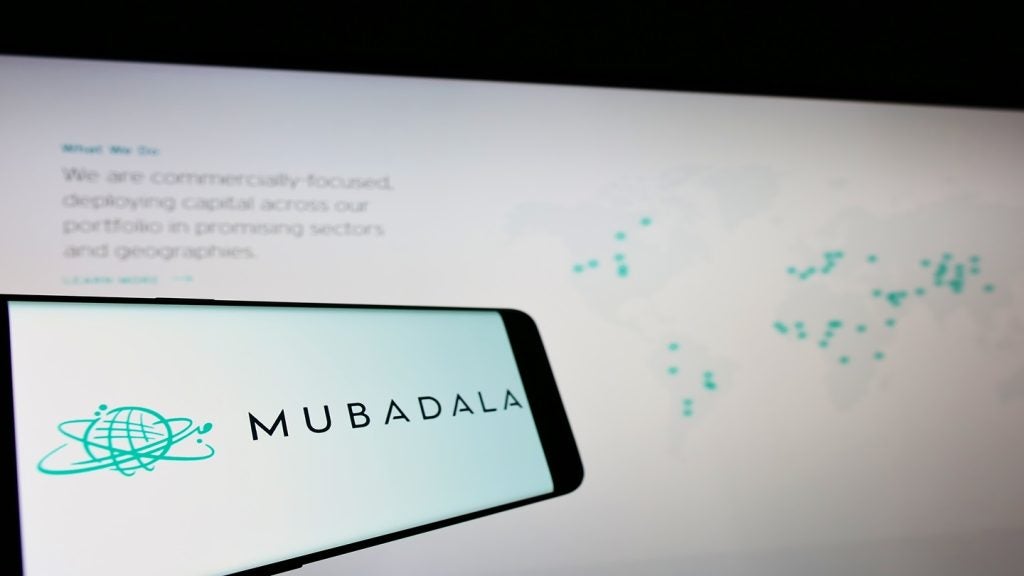When one thinks of banking, and finance in general, Germany and its astute system is never far from consideration. With one of the longest histories in banking, dating back to the 15th century, even today it remains one of the highest leveraged countries in the world. Patrick Brusnahan speaks to two industry leaders on the current state of Germany’s private banking sector and how they see it progressing in the near future.
A country that revels in its universal banking system, Germany has one of the strongest private banking sectors in the world. As of 2012, Germany has the third highest number of HNWIs globally with just over 1,015,000 HNWIs, a 6% growth from the previous year. It was also third in the world in 2011 for the number of UHNWIs in the country, behind only the US and Japan, with 11,392 in this band of wealth, 81 of whom are billionaires.
The country seems to be slowly recovering after the global financial crisis of 2008. Between then and 2011, the total number of HNWIs decreased by 8.4% and their average wealth dropped by 12.5%. However, despite these setbacks, Deutsch Bank, the largest bank in Germany, remained strong as the 8th largest private banking subsidiary in 2013 and the 6th best private banking service in the world.
Germany is also host to the biggest financial centre in continental Europe; the city of Frankfurt. Home of the Frankfurt Stock Exchange, the world’s 10th largest exchange, and the European Central Bank, the city is a crucial location in the entire world of finance. 35% of the world’s investment capital is directly connected to Frankfurt and it is also home to 16.4% of the country’s UHNWIs, the largest percentage of UHNWIs in the country.
The strength of the German private banking sector is not predicted to falter any time soon. Sister company WealthInsight has forecasted the wealth of HNWIs in Germany to increase by close to $160 billion per year to create a total wealth of $4.7 trillion by 2016. The volume of HNWIs will achieve a smaller percentage increase of 16.5% to reach just over 1.46 million individuals by 2016, while the amount of UHNWIs is predicted to increase by a larger 17.9% to a number of 13,436 individuals.
How well do you really know your competitors?
Access the most comprehensive Company Profiles on the market, powered by GlobalData. Save hours of research. Gain competitive edge.

Thank you!
Your download email will arrive shortly
Not ready to buy yet? Download a free sample
We are confident about the unique quality of our Company Profiles. However, we want you to make the most beneficial decision for your business, so we offer a free sample that you can download by submitting the below form
By GlobalDataStill at its highest?
Despite the current stability and promise of the German economy, many in the private sector need to be wary of what lies ahead. The global financial crisis was a scare in this field as during WealthInsight’s review period, total HNWI wealth dropped by 12.5%, due to a huge decline in the stock markets, both local and international.
Oliver Plaack, head of private banking at HSBC Trinkaus, concurs, saying that "The financial crisis and the loss of trust in the financial sector has resulted in continuing pressure on the industry. It is a long way to go to restore confidence, irrespective of whether an individual bank is to be held responsible for the crisis or not."
Moreover, the market’s recovery was slower than anticipated, which hindered the recovery of the wealth sector. This also affected the volumes of HNWIs, which was hit by a fall of 8.4%. Both of these can be attributed to the substantial drop in the local market equity index which was greatly affected in 2008. German HNWIs underperformed compared to the worldwide average growth of HNWI volume in 2008. The volumes and wealth were negatively affected by the drop in the US dollar per capita GDP in 2009 and this was exacerbated by the 5.2% decline in the value of the US dollar versus the value of the Euro.
On the other hand, the volumes of UHNWIs actually rose by 0.7% within the same time frame, but this was only a slight victory in the face of major losses.
In addition, more hindrances arrived in the form of legislation. The second version of MiFID (Markets in Financial Instruments Directive) could lead to an exhaustive amount of agreement protocols and disclosure which could grind many commonplace transactions to halt. As well as this, the private banks would have to contend with Basel III, an accord which requires all banks to raise the capital ratios to 10% over before 2020. These new pieces of legislation expend a lot of time and money, a cost which might, in turn, be passed onto the consumer. Plaack says "The cost to meet regulatory requirements will remain high and is likely to even increase."
The experts also feel that this is a crucial time of change in Germany’s private banking history. Tindaro Siragusano, head of private banking and asset management at Berenberg Bank, says: "The German private banking market is at a turning point and is facing increased competition from independent wealth managers. Private banking advice needs to be ever more specialised and focused on quality to meet the increasing needs of informed and professional clients." Oliver Plaack responded similarly, saying "In this challenging market environment, it is particularly important for us to differentiate ourselves from our competitors. This is also crucial in order to handle and overcome the strong pressure on margins."
Overall, private banking, similar to every part of the finance world, is going through a period where evolution is required. Even an incredibly esteemed country like Germany needs to learn how to adapt to financial struggles which have arisen in the last decade. However, the worst seems to be behind them and the industry appears to be stabilising.







